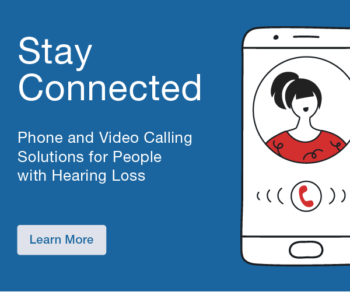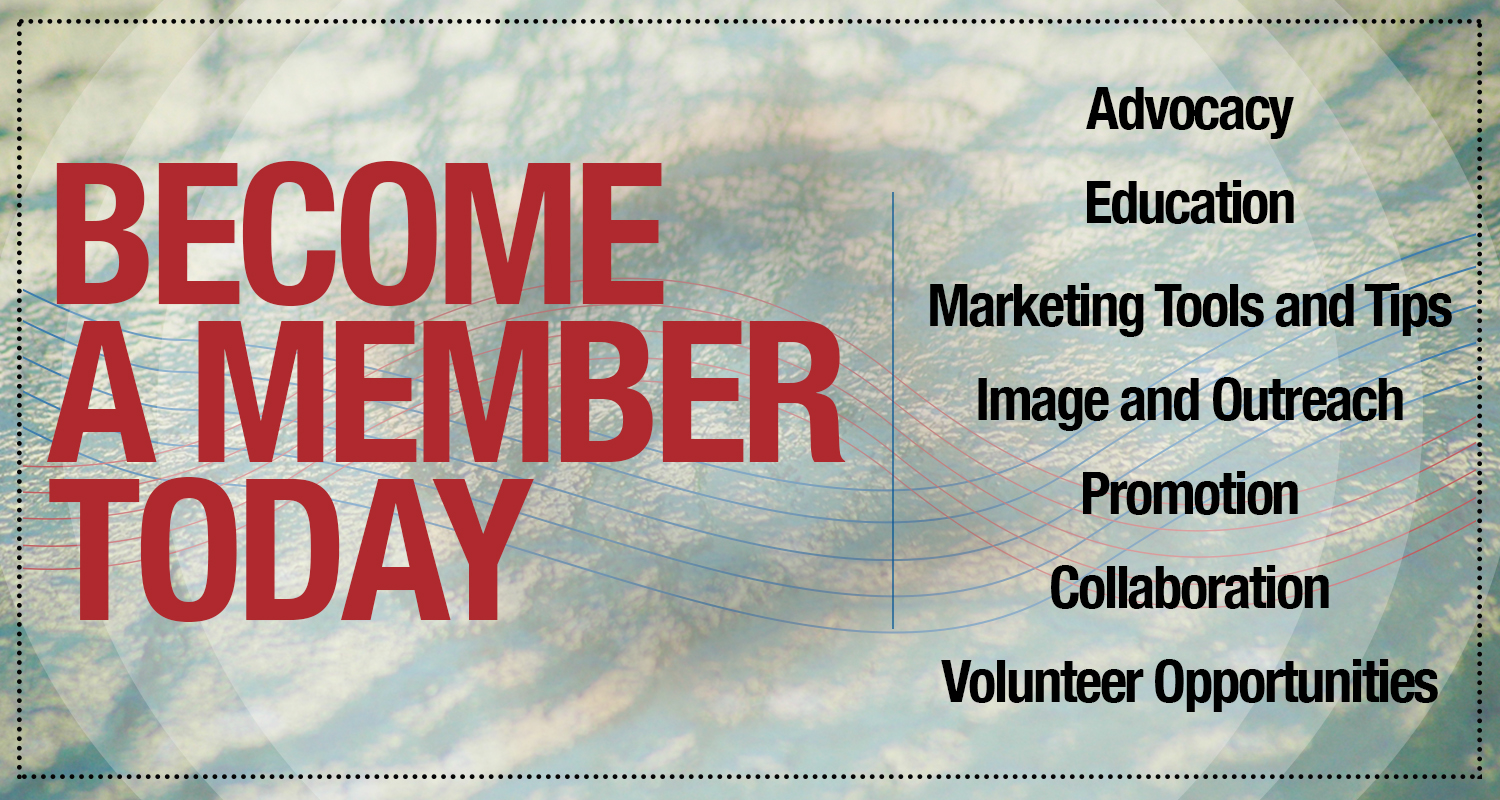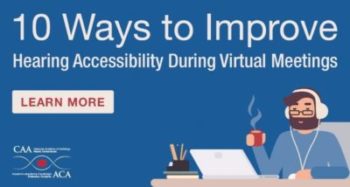Connected Technologies for Improved Access in Global Hearing Care
Speaker: De Wet Swanepoel, Ph.D., University of Pretoria
Webinar Abstract
Hearing loss is a pervasive chronic disability that affects more than a billion people annually. Unsurprisingly, it is a leading contributor to the global burden of disease. Early access to hearing care is critical for optimal outcomes, but for most of those affected it remains out of reach. Novel solutions, capitalizing on advances in technology and connectivity, demonstrate promise for increasing access and quality of care whilst reducing costs. The penetration and ubiquity of mobile phones, even in developing countries, make connected technologies a powerful potential tool for widespread impact.
This presentation will consider two broad approaches to connected solutions for hearing loss including an end-user consumer model and a point-of-care diagnostic device operated by minimally trained facilitators. The hearZA App – South Africa’s National Hearing Test – was launched on World Hearing Day 3 March 2016 (www.hearZA.co.za). The digits-in-noise test, which is self-administered, is quick and provides a valuable indication of real-life hearing ability – understanding speech-in-noise. The impact of this public hearing health tool will be reviewed along with further developments in accuracy and platform possibilities such as customisable web-apps and freestanding kiosks in community centres.
Targeted community-based hearing tests in contexts such as home visits, schools and primary health care clinics can be facilitated by minimally trained persons using low-cost connected technologies. Our research on Android-based software applications has demonstrated that accurate calibration and real-time noise monitoring is possible on supported devices, which allow for clinically valid pure tone audiometric testing when linked with a calibrated headphone. Connected solutions like these allow new models of service-delivery where minimally trained persons, with support from a cloud-based data management services, can ensure greater penetration, reach and even uptake of hearing health care.
Learning points
- Participants will be able to describe burden of hearing loss globally
- Participants will be gain an understanding on how mHealth solutions can impact hearing care
- Participants will be able to describe new community-based service-delivery models enabled by connected hearing care
Speaker: Prof. De Wet Swanepoel, is professor in the Department of Speech-Language Pathology and Audiology, University of Pretoria with adjunct positions at the University of Western Australia, and is a senior research fellow at the Ear Science Institute Australia. Prof Swanepoel’s research capitalises on the growth in information and communication technologies to explore, develop and evaluate innovative service delivery models and applied solutions to improve access to early development and health services, particularly in ear and hearing care. He has published more than 140 peer-reviewed articles, books and book chapters and has received numerous national and international awards in recognition of his work. Prof Swanepoel serves as president of the International Society of Audiology and as deputy editor-in-chief of the International Journal of Audiology.
De Wet Swanepoel, Ph.D.
- Department of Speech-Language Pathology and Audiology, University of Pretoria, Pretoria, Gauteng, South Africa
- Ear Sciences Centre, School of Surgery, University of Western Australia, Nedlands, Australia
- Ear Science Institute Australia, Subiaco, Australia



